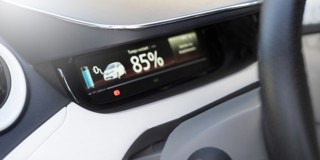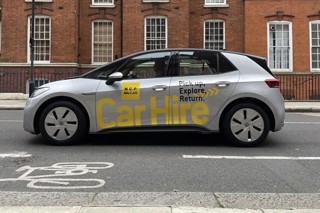A study commissioned by ALD Automotive revealed 50% of Europeans consider car ownership is not essential.
Only 36% of Europeans feel that owning a car is essential for their daily commute, according to the results of the study which claims to have identified a change in the way cars are considered.
When asked about new mobility options, taking into account the different options available when using a car, carpooling, long-term leasing and chauffeur-driven cars were identified as the three most popular options. A quarter of Europeans said they had already opted to use carpooling.
Respondents in France, when considering new mobility options, are most familiar with carpooling, with 80% aware of this option and 29% having already used it.
Germany is the most developed country regarding this practice, with a third of the population having already used it. In addition, this solution is more popular among young Europeans, with those under the age of 35 representing 40% of all users.
Chauffeur-driven cars and long-term leasing, meanwhile, are used by more than one-in-10 Europeans.
Spain, with 16% of chauffeur-driven car users, is the top European country opting for this means of transportation, while Italy is the top country for long-term leasing (17% of users). These new practices are progressively being incorporated in all aspects of people’s lives thanks to a gradual change in mind-set.
The attraction to the non-traditional use of cars can in part be explained by a financial factor. This is the main advantage of sharing a car compared to owning a personal vehicle for 58% of Europeans.
It should be noted that environmental issues also have a significant impact on the choice of transportation modes for Europeans: 58% have already favoured transportation options that are more respectful of the environment, even though these alternatives could translate into longer rides.
A large proportion (45%) has already made this choice several times, according to the study. Again, young Europeans under the age of 35 stand out as the most committed toward green mobility, with 66% of those under the age of 35 having already made this environmental choice.
Changes in practices associated with new mobility options are also largely influenced by technology entering everyday mobility via Smartphone applications.
Europeans are more commonly using public transportation apps (44%) and community-based GPS and traffic apps when driving a car (29%).


















Login to comment
Comments
No comments have been made yet.